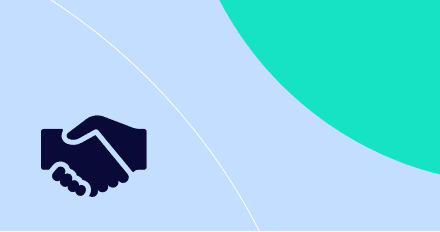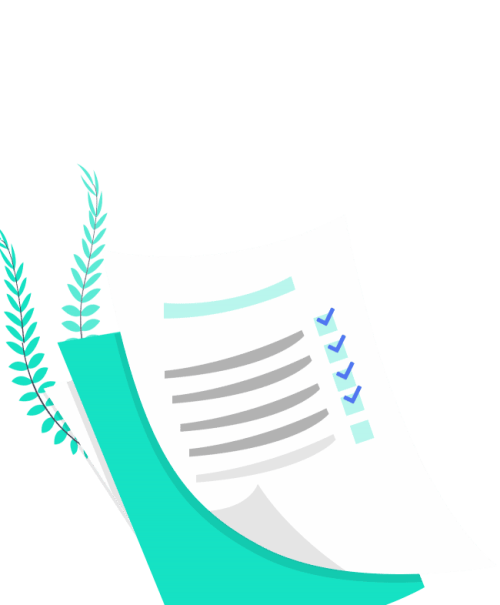Unpaid taxes
What to Do About Tax Debts?
Tax debt entails a delicate situation that should not be underestimated, as it can incur high interest, penalties, and serious consequences such as asset seizure or wage garnishment. Governments have the power to quickly identify all your assets and seize them without prior notice, including your house, car, bank account, salary, and RRSP.
What Are the Sources of Tax Debts?
Tax debts, stemming from various circumstances and situations, often represent a significant financial burden for taxpayers. These tax obligations can lead to serious financial consequences and may bring long-term legal and financial complications. Here are some of the main causes:
- Incorrect estimation of tax obligations: A common mistake for individuals is to not accurately anticipate the amounts of taxes to be paid when deducting from their paycheck. For self-employed individuals or businesses, failure to collect or remit sales taxes can also be another cause.
- Changes in income: Unexpected changes such as job loss, income reduction, or unforeseen expenses can make it difficult to pay taxes owed on previously higher income.
- Filing errors: Mistakes in tax reporting or expenses disallowed following a tax audit.
- Major and unforeseen events: Marriage, divorce, or separation, buying or selling real estate can have significant tax implications and lead to errors or adjustments in tax payment.
- Poor financial management: Mismanagement of your finances can result in a lack of liquidity to repay taxes.
By understanding these causes, proactive measures should be taken to avoid tax debts, such as proper tax planning, careful financial management, and a better understanding of tax obligations.
Possible Solutions for Settling Tax Debts
Firstly, it is important to note that non-payment or late payment of your tax debts exposes you to multiple penalties from the Canada Revenue Agency (CRA) or Revenu Québec (RQ). The 1st step usually involves receiving a notice of assessment. If you do not pay, you will be considered in default, and interest, collection fees, and recovery measures may be initiated until the amount owed is repaid. It is important to understand that neither the CRA nor the RQ will leave you alone until your debt is settled. Here are the possible solutions to consider for settling your tax debts:
- Negotiation with the tax agency (Quebec and Canada): Contact both revenue agencies and try to reach a settlement to repay the debt based on your financial ability. However, possible agreements with the ministries are usually of a fairly limited duration, and interest fees are charged.
- Consolidation loan: Obtain a consolidation loan from your financial institution to repay the tax debt. Keep in mind that the chances of success may be limited, as financial institutions are often more reluctant to grant loans for tax debts.
- Professional assistance: If none of the previous options are possible, consider consulting personal finance advisors such as those at Jean Fortin. Contrary to popular belief, tax (and sales tax) debt can be included in a consumer proposal or bankruptcy. This allows for negotiating a repayment plan with more flexible terms, thus avoiding asset seizure. If the debt is particularly significant and circumstances justify it, bankruptcy may be an option to consider, although this option should only be considered as a last resort. Consumer proposal or bankruptcy are the only options that allow you to cancel interest on such debts and protect yourself from their collection measures.
- Challenging a notice of assessment: Finally, if you believe it is an error, it is possible to challenge a notice of assessment, but this requires a procedure to be carried out quickly, as there are deadlines to be met. The government’s Ombudsman provides detailed information on the procedure to follow for Revenu Québec and the Canada Revenue Agency. Obviously, this procedure should only be used if you have serious grounds to believe that the debt is not owed.
To learn more about the options available to you, schedule an appointment with an advisor at Jean Fortin for an in-person, telephone, or video conference consultation. It’s free, confidential, and without obligation!
Read real-life stories
Debt problems could happen to anyone. Read about people like you and see how they pulled through.

Our debt solutions
Based on your situation and needs, there are different solutions that can help you regain your financial stability.

Debt Consolidation
Find out how to merge all your payments into one monthly installment and keep your credit score intact.

Consumer Proposal
Discover how to offer your creditors a lower settlement based on your ability to repay.

Personal Bankruptcy
Discover how personal bankruptcy can put an end to your financial difficulties and debt problems.
Get a financial health checkup
With just a few questions, get an idea on the health of your personal finances. It’s easy and 100% confidential.

